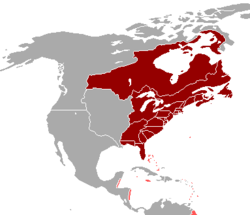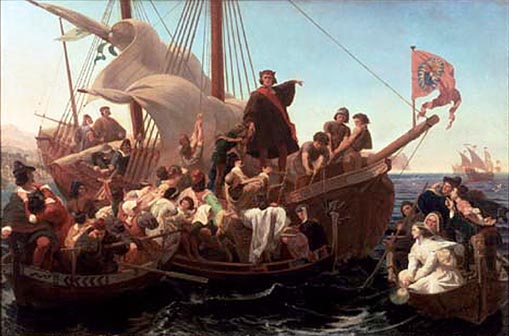Why is it called 51st state?

Have you ever heard the term "51st state" and wondered what it meant? In this article, we will explore the origins of this phrase and why it is used.
According to the simple.wikipedia.org, the term "51st state" refers to a place or territory that is not one of the 50 states of the United States but is sometimes considered as one. While it is mainly used metaphorically, it can also refer to a real place seeking statehood.
The most well-known example of a place referred to as the "51st state" is Puerto Rico. Puerto Rico is a territory of the United States, but it is not a state. It has its own government and operates somewhat independently from the mainland US, but it is still subject to US federal laws and regulations.
Many Puerto Ricans have debated whether they should seek statehood and become the 51st state of the US. Supporters argue that statehood would give Puerto Ricans full representation in Congress and a say in US policies that affect them. Opponents, however, are concerned about losing their cultural identity and autonomy.
Another example of a place referred to as the "51st state" is Washington, D.C. Washington, D.C. is the capital of the United States, but it is not a state. It is a federal district under the direct jurisdiction of Congress. Residents of D.C. do not have voting representation in Congress, which has led to calls for statehood or some form of representation.
Overall, the term "51st state" is a symbolic way of referring to places or territories that are not officially recognized as states but are sometimes treated as if they are. Whether it is Puerto Rico, Washington, D.C., or another place seeking statehood, the concept of the "51st state" raises important questions about representation, identity, and autonomy.





